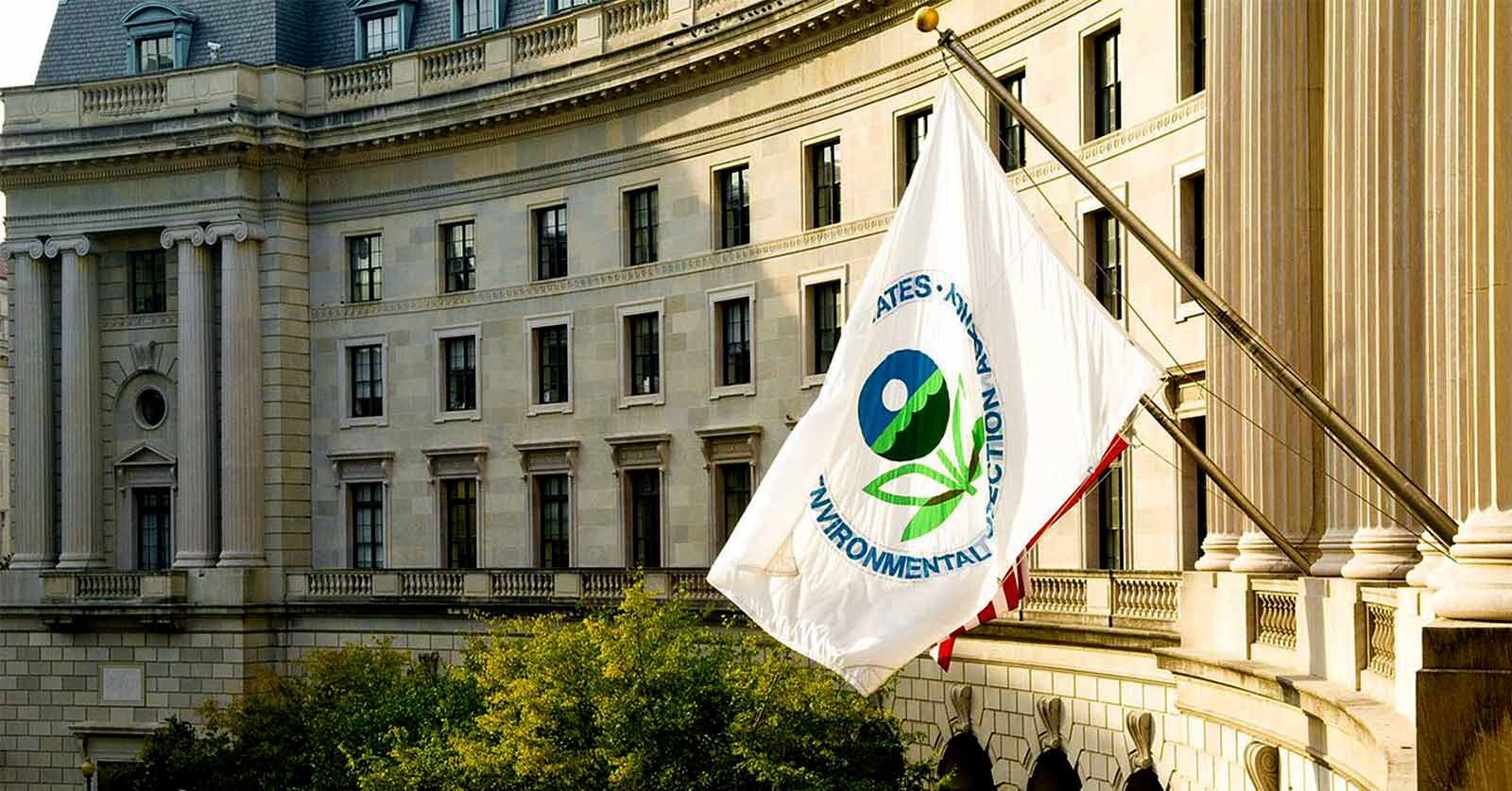American consumers may receive many benefits from the global economy, like cheap DVD players, stereos, and televisions, but it also includes hidden costs that don't appear on price tags or credit card bills. There is growing evidence that the global movement of goods and services is making it simpler for American companies to avoid paying their fair share of taxes to Uncle Sam.
One key way companies avoid the tax man is by transferring hundreds of billions of dollars of goods and services between their home offices in the United States and their offshore subsidiaries. What accountants call “transfer pricing” is being used to bilk the federal government out of billions annually.
Between 1998 and 2001, the federal treasury lost out on more than $175 billion in tax revenue when parent companies hid profits by exaggerating the prices at which they traded goods with their foreign subsidiaries. In 2002, Corporations used this Enron-like accounting trick to avoid paying more than $60 billion in taxes.
Here are some examples of how U.S. multinational companies shuffle their profits to avoid taxes. First, they buy overpriced imports from their foreign subsidiary, such as plastic buckets from the Czech Republic at close to $1000 bucks a pop, fence posts from Canada at $1,853.50 each, a ballpoint pen from Trinidad for $8,500. Then, they sell under priced exports, including a toilet to Hong Kong for $1.75, $92 bucks for ATM machines sold to France, $350 bulldozers to Venezuela, and missile and rocket launchers sold to Israel for about $50 bucks each. Either way, these transactions help disguise profits, thus lowering a company's tax bill.
Another tactic corporations use is to sell a trademark, patent, or copyright ownership to a subsidiary in some tax haven country and then arrange for the parent company to pay for the intellectual use of these items. The money moves offshore and presto chango, U.S. taxes are avoided.
Although the public debate has mainly focused on companies that incorporate offshore to avoid taxes, these other tax avoidance schemes are much more costly to Uncle Sam. In 2002, according to the General Accounting Office, only 4 out of the 100 largest publicly traded companies were incorporated in tax havens. However, 59 out these 100 companies have subsidiaries that are incorporated in tax havens, where they could exploit transfer pricing and other tax avoidance gimmicks. While the existence of a subsidiary in a tax haven country does not prove that a corporation is trying to avoid paying its fair share, it certainly suggests that they are trying to take their loot and run.
Even companies that get federal contracts are on the make. Coincidentally, 59 of the top 100 federal government contractors also have subsidiaries that are in tax haven countries. Boeing Company, which billed the government $14.3 billion in 2001, has 31 subsidiaries in tax haven countries. Halliburton, who did about $500 million in government work that year, has 17 offshore subsidiaries hiding in tax havens.
Corporate tax avoidance places a larger tax burden on average taxpayers. With the largest deficit our nation has ever seen, it is now more important than ever to start closing these outrageous loopholes. If we do, it could bring billions into the treasury and could help transform our mountains of deficits into molehills.














Get Social